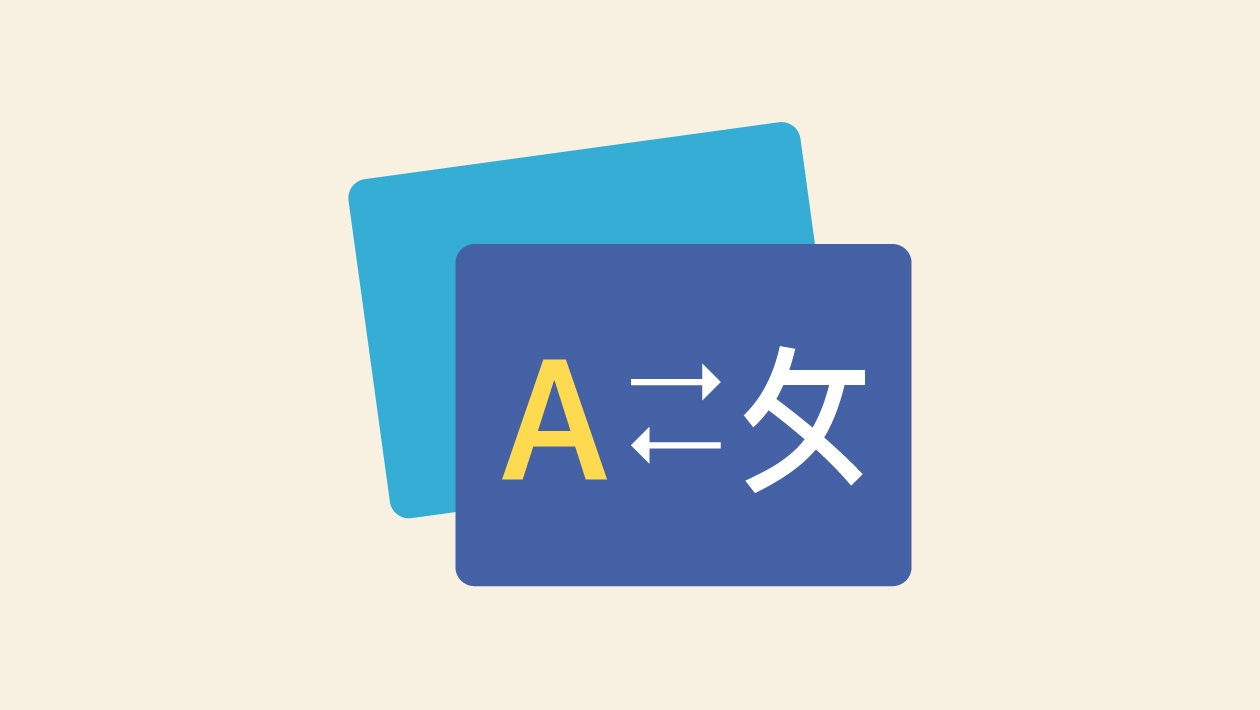I used to struggle with keeping my students engaged during vocabulary lessons. I’m sure some of you have been there too — worksheets, flashcards, repeated drilling… everything felt so mechanical. Students would either zone out or memorize words only to forget them the next day. I tried all the usual strategies: more quizzes, group recitations, online apps — but nothing seemed to really make a difference.
That’s when I realized the problem wasn’t the students’ ability; it was the way we were practicing. Learning stuck only when it was meaningful, active, and even a little fun. So I started experimenting with game-based learning, and that’s when I stumbled upon a simple approach that changed everything.
The Discovery
At first, I just wanted to add some variety. I began using random prompts for drawing and acting activities in class. I’d give a student a word to draw on the board or act out for the class to guess. The results were surprisingly powerful. Students who were usually quiet became enthusiastic participants. They laughed, gestured, and collaborated in ways that worksheets never inspired.
To make it easier, I used TryRandoms that generated random words for Pictionary and Charades games. It was perfect because I didn’t have to prepare lists in advance, and the students never knew what word they’d get next — which kept the energy high. Suddenly, vocabulary lessons were no longer repetitive drills but interactive challenges. How It Works in Class
1. Drawing with Pictionary
Students take a word and illustrate it on mini whiteboards. Their classmates guess the word, using clues from pronunciation or context. This activity not only reinforced spelling and vocabulary but also tapped into creativity. Even complex words became memorable when students found ways to visually represent them with Pictionary Word Generator.
2. Acting with Charades
Acting out words helped students think on their feet. They had to convey meaning without speaking initially, then describe or guess the word in the target language. This encouraged them to use gestures, synonyms, and context clues, all while reducing anxiety around speaking mistakes with Charades Generator.
3. Collaboration and Confidence
Whether working in pairs or small groups, students had to communicate, negotiate, and interpret each other’s drawings or actions. The classroom energy changed — everyone participated more, including students who usually stayed quiet.
What I Learned
Through these activities, I discovered that language learning sticks when it’s multisensory, playful, and social. The combination of drawing, acting, and guessing created memory hooks that worksheets alone could never provide. I also realized that a small shift in approach — like using random word prompts — could dramatically improve engagement and retention.
Now, my students are more confident in speaking, more willing to take risks with new words, and actually enjoy vocabulary practice. Lessons feel lively, interactive, and productive — and it all started with a simple idea: turning words into games.
In the end, if you’ve ever felt stuck with conventional methods, know that there are small but effective ways to change the learning experience. Using random word prompts for drawing and acting, whether through Pictionary or Charades, can transform vocabulary lessons from a repetitive chore into an engaging, memorable activity.









September 23, 2025 . English
English
Thank you for sharing such a relatable and inspiring post! Your journey really resonated with me — especially the part about realizing that the issue wasn’t with students’ ability but with how we were approaching the practice. I’ve definitely been through the cycle of flashcards, drills, and digital quizzes that felt more like box-checking than true learning.
I love how you shifted the focus toward active, playful learning. The way you incorporated random word prompts through Pictionary and Charades is such a simple yet powerful idea. It’s amazing how these kinds of low-prep, high-engagement activities can unlock creativity and confidence — especially for students who are usually more reserved. For Pictionary I use https://pictionaryphrasegenerator.com, and Charades https://charadesonline.org.
Your insight about language learning being multisensory, social, and fun is a great reminder for all of us. I’m already thinking about how I can bring this kind of energy into my own vocabulary lessons. Thanks again for the practical ideas and the reminder that small changes can make a big difference!
This action is unavailable while under moderation.
This action is unavailable while under moderation.